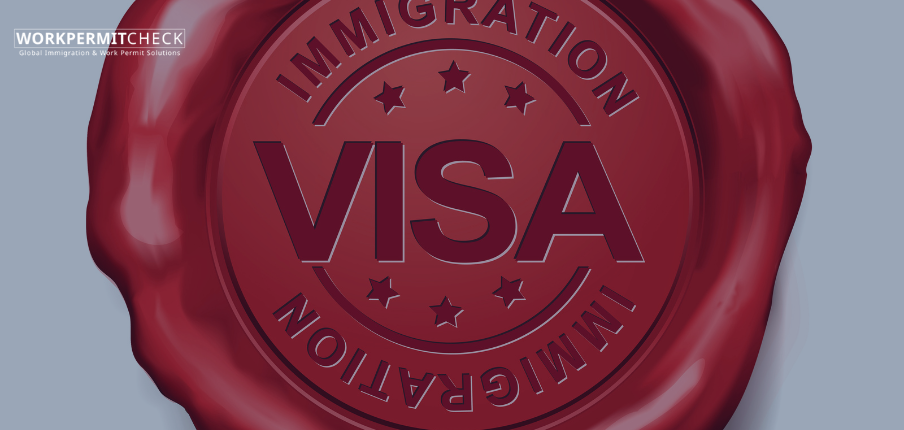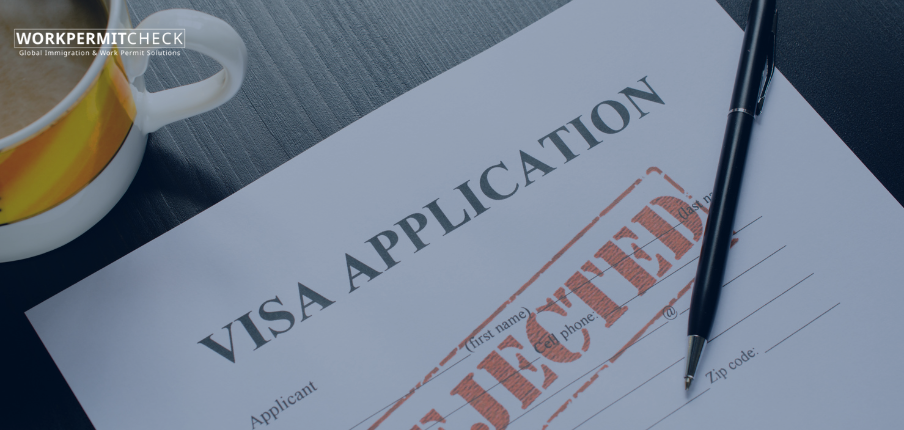Introduction
Ireland is a member of the European Union (EU), which often leads travelers to assume that an Irish visa allows entry to other EU countries. However, this assumption is incorrect in most cases. Despite being in the EU, Ireland is not part of the Schengen Area, which means that its visa policy is distinct from that of most other European countries. In this blog post, we’ll explain what your Irish visa allows, its limitations, and what you need to know about traveling to other EU or Schengen countries.
Is an Irish Visa Valid for Travel to Other EU Countries?
No, an Irish visa does not allow you to enter other EU or Schengen Area countries. The visa issued by Irish authorities is valid for entry into Ireland only. It does not grant permission to enter or transit through countries in the Schengen Area or other EU member states.
This rule applies regardless of the type of Irish visa you hold, including:
-
Short Stay (C) Visa – for tourism, business, or family visits
-
Long Stay (D) Visa – for work, study, or joining family
-
Transit Visa
Why Doesn’t an Irish Visa Allow Entry to the Schengen Area?
Ireland has opted out of the Schengen Agreement, which is a treaty that allows for passport-free travel between 27 European countries. As a result, Ireland maintains its own visa and border control policies.
Even though Ireland is in the European Union, it is not in the Schengen Zone, and therefore:
-
A Schengen visa does not grant access to Ireland
-
An Irish visa does not grant access to Schengen countries
So, holding an Irish visa does not mean you can visit France, Germany, Italy, or any other Schengen country unless you also obtain a valid Schengen visa.
Schengen Area vs. Ireland: Key Difference
| Feature | Schengen Area | Ireland |
|---|---|---|
| Shared visa policy | Yes | No |
| Visa valid in all states | Yes | No |
| Member of Schengen | Yes | No |
| EU Member | Most are EU members | Yes |
How to Travel to Other EU Countries if You Hold an Irish Visa
If you wish to travel from Ireland to other EU or Schengen countries, you must apply for a separate Schengen visa from the embassy or consulate of the country you plan to visit. Here's how:
Step 1: Identify the Country
Decide which Schengen country you will travel to. If visiting multiple, apply through the country where you will spend the most time.
Step 2: Apply for a Schengen Visa
Submit a visa application to the relevant embassy or visa center. You’ll typically need:
-
A valid passport
-
Completed Schengen visa application form
-
Proof of accommodation
-
Travel insurance
-
Flight itinerary
-
Proof of funds
-
Visa fee payment
The standard visa fee for a short-term Schengen visa is €80.
Exception: British-Irish Visa Scheme (BIVS)
There is one limited exception: the British-Irish Visa Scheme (BIVS). This allows citizens of certain countries (e.g., India, China) holding a short-stay visa for either Ireland or the UK to travel between both countries without needing a separate visa, provided the visa is endorsed with the BIVS mark.
However, this does not apply to Schengen countries. The BIVS scheme only covers travel between:
-
The United Kingdom (England, Scotland, Wales, Northern Ireland)
-
The Republic of Ireland
Traveling to EU Countries from Ireland as a Non-EU National
If you're already in Ireland with a valid visa or residence permit and want to visit other EU countries, you must:
-
Apply for a visa for the intended destination country.
-
Travel with all necessary documentation, including your Irish permit, passport, and travel insurance.
You are not automatically entitled to free movement across the EU unless you hold:
-
A Schengen visa
-
EU long-term residency in another EU country
-
Citizenship of an EU/EEA country
Conclusion
An Irish visa only allows entry into Ireland. It does not permit travel to other EU or Schengen Area countries. If you are planning to visit other European destinations before or after your trip to Ireland, you will need to apply separately for a Schengen visa from the relevant country’s embassy. Understanding this distinction is crucial to avoid travel disruptions and ensure that you comply with immigration regulations across Europe.
Disclaimer: This blog post is for informational purposes only. Visa and entry rules are subject to change. Always consult the official websites of the Irish Immigration Service, the European Commission, or the embassy of the destination country for the most current information.
May 28, 2025











